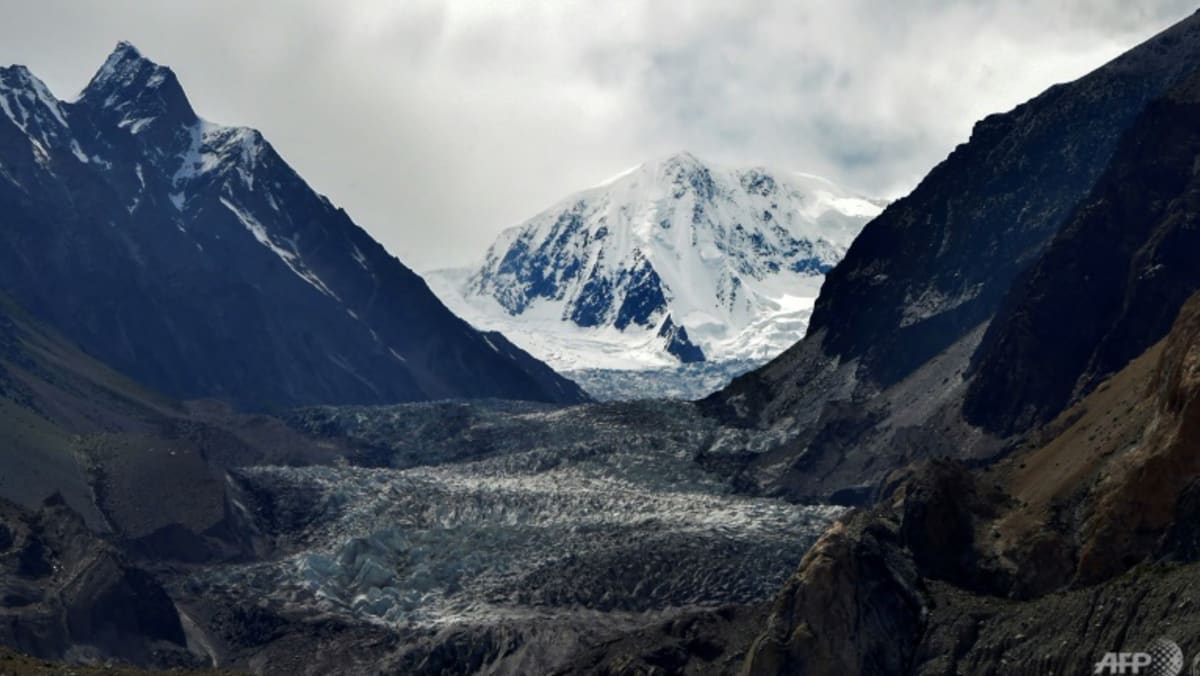
The mountain communities depend on their livestock, orchards, farms and tourism for survival, but climate change threatens all of it.
“Our economy is agrarian and people don’t have enough resources to move from here,” said Sher, a researcher for a local development NGO.
Siddique Ullah Baig, a disaster risk reduction analyst in the northern region, said around seven million people are vulnerable to such events, but many are not aware of the gravity of the threat.
“People are still constructing homes in areas declared as a red zone for flooding. Our people are not aware and prepared to deal with any possible disaster,” he told AFP.
HORROR NIGHT
Further north of Hassanabad lies Passu, another precarious hamlet that has already lost around 70 per cent of its population and area after being hit by floods and natural river erosion.
The village is sandwiched between White glacier in the south, Batura glacier in the north and the Hunza River in the east – three forces given the respectful title of “dragons” because of their destructive power.
“Passu village lies in the mouths of these three dragons,” said local scholar Ali Qurban Mughani, pointing to the centuries-old bodies of dense ice towering over the village.
As he spoke, labourers worked on a protective concrete wall on a riverbank – a bid to shield the village from further erosion.

